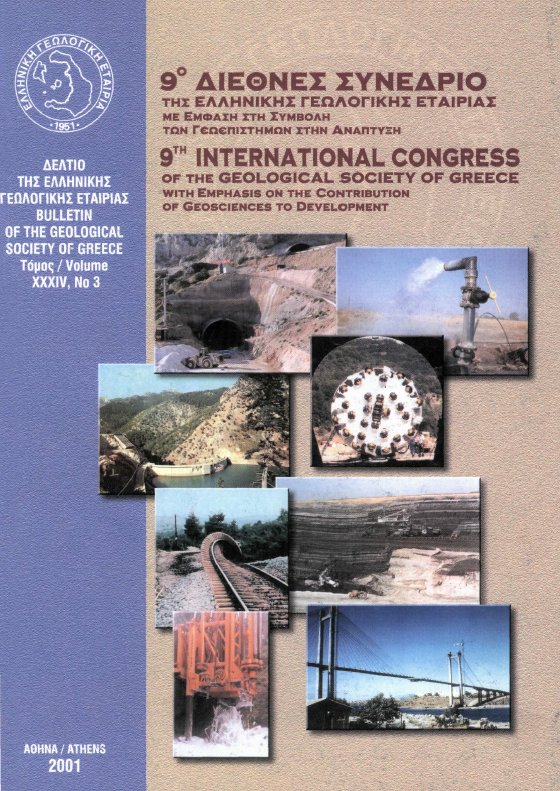Environmental geology: Branch of geosciences or a marketing term?

Abstract
Environmental Geology is considered to have been coined for the environmental sensitive market. It originated in the United States in the late 1960's to attract students to save the closure of University Geology Departments. After almost thirty years there are still questions about its viability as a stand alone branch of geological sciences, since by definition it encompasses all the specialised branches of engineering geology, economic geology, structural geology, hydrogeology, geochemistry, geophysics, etc. The environmental geologist must, therefore, be a "super geologist", which is an impossibility by present day standards. University curricula in Environmental Geology still teach the basic geological subjects of geology degrees, since these serve as a strong foundation for courses in the environmental field. In the United States, students are required to take at least four elective courses in environmentally orientated earth science subjects during their first degree. Whereas in the United Kingdom a Master of Science course in environmental subjects is recommended as a follow-up to the first degree in Environmental Geology, again a misnomer for the degree in pure Geology. It is quite apparent that Universities jumped on the bandwagon of the environmental market, without serious thought into what they were embarking. They created a non-existent market orientated branch of geological sciences, Environmental Geology, and they subsequently realised that it is impossible to produce the "super student" and the "super geologist", for this is what is in fact demanded. It is strongly believed, that specialists in the different branches of geological sciences, because of their in depth study of the natural geological environment and its processes, have considerable knowledge and expertise to be applied in the solution of environmental problems. This must, therefore, be advertised by both Universities and State Geological Surveys, for advertising is a more powerful tool of getting the message across to the public and to policy-makers, rather than by making up new branches of science with no content.
Article Details
- How to Cite
-
ΔΗΜΗΤΡΙΑΔΗΣ Α. (2001). Environmental geology: Branch of geosciences or a marketing term?. Bulletin of the Geological Society of Greece, 34(3), 1101–1106. https://doi.org/10.12681/bgsg.17167
- Section
- Geochemistry

This work is licensed under a Creative Commons Attribution-NonCommercial 4.0 International License.
Authors who publish with this journal agree to the following terms:
Authors retain copyright and grant the journal right of first publication with the work simultaneously licensed under a Creative Commons Attribution Non-Commercial License that allows others to share the work with an acknowledgement of the work's authorship and initial publication in this journal.
Authors are able to enter into separate, additional contractual arrangements for the non-exclusive distribution of the journal's published version of the work (e.g. post it to an institutional repository or publish it in a book), with an acknowledgement of its initial publication in this journal. Authors are permitted and encouraged to post their work online (preferably in institutional repositories or on their website) prior to and during the submission process, as it can lead to productive exchanges, as well as earlier and greater citation of published work.


